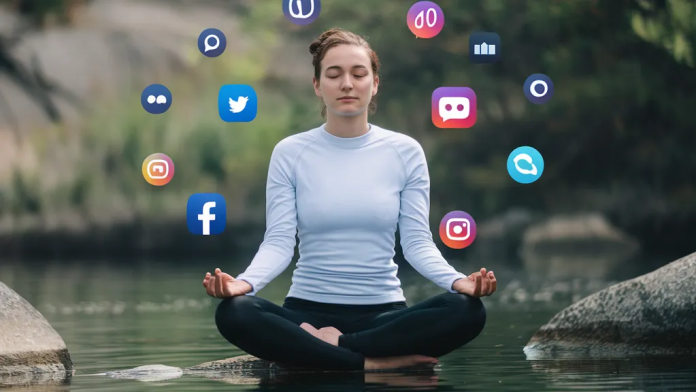Digital devices connect people across continents, provide endless information, and offer convenience never before imagined. Yet, with these benefits comes constant noise—notifications, news alerts, social media scrolls, and emails that rarely rest. A digital detox, even a temporary one, allows for the recovery of attention, peace, and presence.
The average adult spends several hours a day on screens, often without realizing the cumulative toll. Constant stimulation fragments attention, shortens focus spans, and increases anxiety. The dopamine loop—small hits of pleasure from likes, messages, or new content—keeps the brain wired for more, even when tired.
A digital detox isn’t about demonizing technology. Instead, it’s about conscious control. It offers a reset: a chance to observe habits, reduce digital clutter, and reconnect with the offline world. The benefits often include better sleep, deeper conversations, increased creativity, and more time for meaningful activities.
Starting a digital detox can feel challenging, especially for those whose work relies on technology. The key is to begin with intention, not restriction. Define clear boundaries—such as no screens after 8 p.m., social media-free weekends, or dedicated offline hours each day.
Physical separation helps. Keeping devices out of the bedroom improves sleep hygiene. Using analog tools—like notebooks, printed books, or alarm clocks—reduces reliance on screens. Deleting non-essential apps or turning off non-urgent notifications brings immediate relief.
During detox periods, it’s helpful to replace screen time with enriching alternatives. Outdoor activities, creative hobbies, face-to-face interactions, or simple rest become more appealing when not competing with devices. These moments restore the nervous system and rebuild attention capacity.
Families and households can detox together. Creating tech-free zones or shared device-free hours promotes bonding and sets a collective rhythm. Children especially benefit from seeing digital balance modeled by adults.
For longer-term change, regular digital sabbaticals can be scheduled. A weekend without screens, a vacation without social media, or an entire day each week designated for offline living refreshes the mind. These practices reduce dependency and strengthen digital resilience.
A digital detox isn’t about cutting off from the world—it’s about returning to it more fully. In reclaiming focus, time, and energy, space is created for intentional living, deeper thinking, and authentic connection.


